Recruiting and retaining the next generation of Jewish educational leaders made even more daunting by the allure of the private sector. At a time when media reports abound with stories of startups, tech companies and financial firms paying exorbitant salaries, our faculty members, whose impact on the future of our nation’s youth is immeasurable, feel left behind. It can be hard to adequately compare the salary, benefits, as well as the calendar of a Jewish day school with its unique structure and flow of religious and national holidays, winter and spring breaks, plus summer, with the more “traditional” employment framework based on 52 weeks of work, two weeks of vacation and 10 national holidays.
- Home
- HaYidion: The Prizmah Journal
- Jewish Educator Pipeline
- No Retention Without Enculturation: Reducing Faculty Turnover
No Retention Without Enculturation: Reducing Faculty Turnover
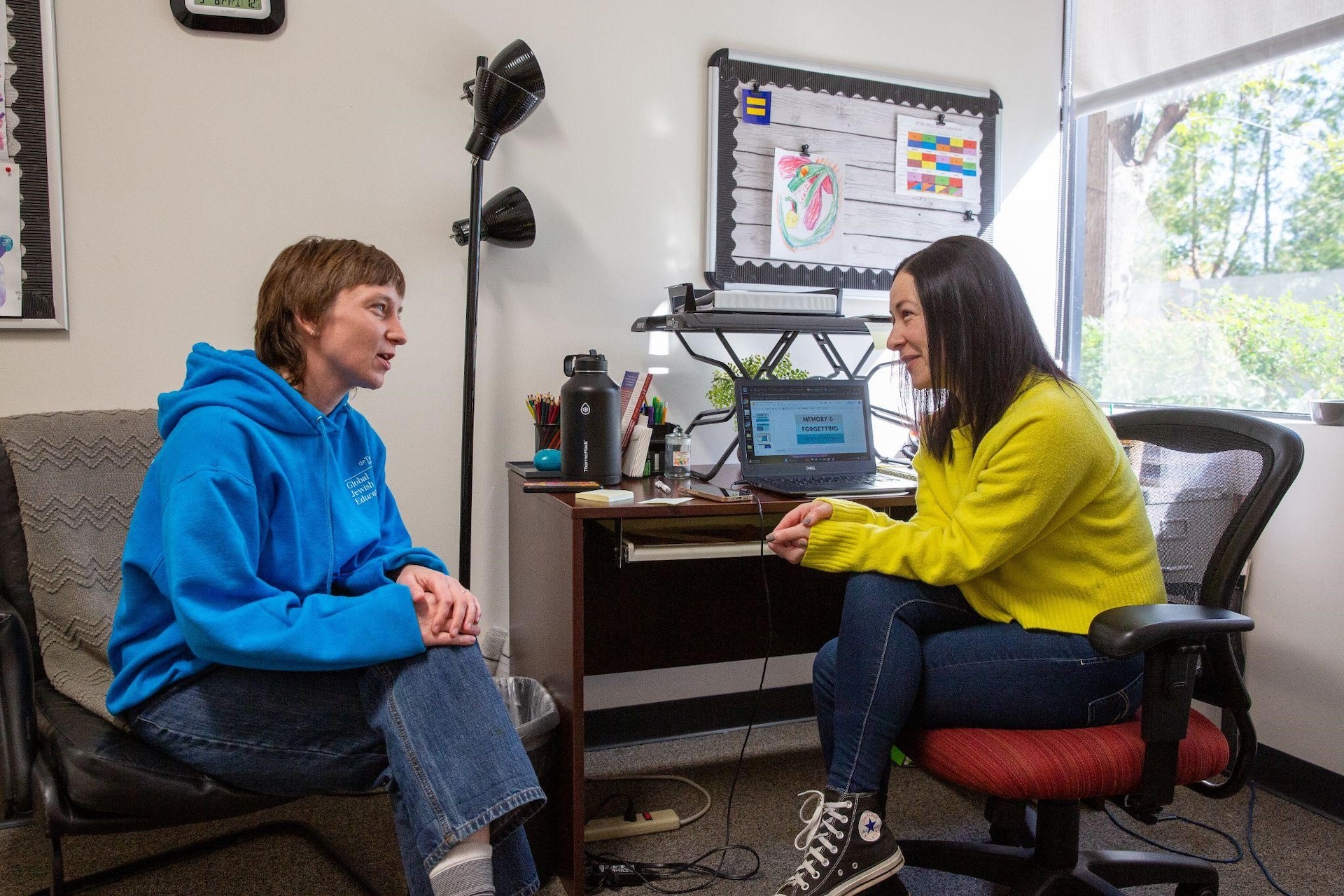
Statistics show that up to 30% of teachers now leave the profession within five years of starting their careers. Over the last 30 years, the rate at which teachers retire or quit has gone up a staggering 55%. This phenomenon, along with the resulting influx of new and inexperienced teachers hired to backfill open positions, massively impacts student learning, overburdens our HR professionals and educational administrators, saps our annual budgets (with each new hire generating hard costs of more than $20,000), and weakens overall school morale.
To address these challenges head-on, de Toledo High School in Los Angeles has launched a detailed and easy-to-read compensation offer and created a strategic onboarding program that has purposefully and proactively addressed teachers’ salary expectations, increased faculty engagement and immersion into our school’s acclaimed “culture of kindness,” and ultimately, has gone a long way in improving our retention rates. Forty-one percent of our currently teaching faculty members have been with us for at least 12 years, while year-to-year acceptance rates of our offers of employment continue to increase significantly.
Compensation
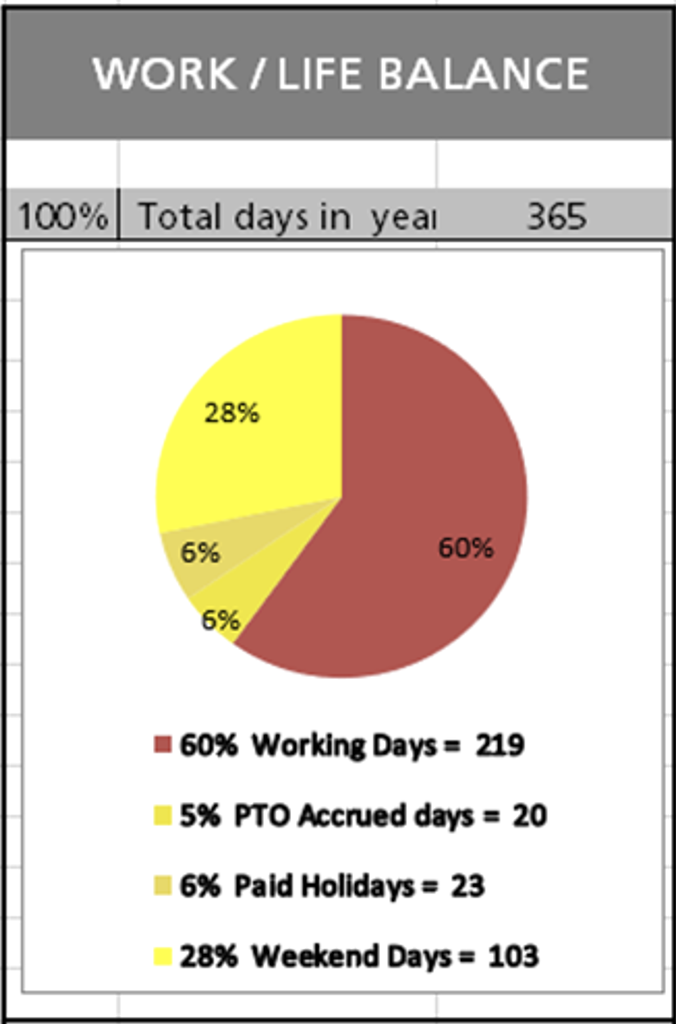
As most employees naturally fixate on their base salary alone, the de Toledo yearly offer of employment now includes an infographic that clearly lays out a complete matrix of salary, health and other work/life balance benefits.

Onboarding
At the same time, in the realization that short-tenured teachers are still prone to higher turnover rates, our dean of student support services and a Jewish studies faculty member designed our school’s two-year onboarding program with meaningful engagement opportunities and support services designed to enculturate each new faculty member into our kehillah (community).
The primary goal of this onboarding program is to support new faculty members and ensure a successful transition into our unique, tight-knit community. Through our multifaceted array of both informal and confidential onboarding touchpoints, we strive to ensure that each new teacher feels grounded and comfortable as a contributing member of our community. Now that we’re six years into the program, we have strong evidence it dramatically mitigates burnout and attrition.
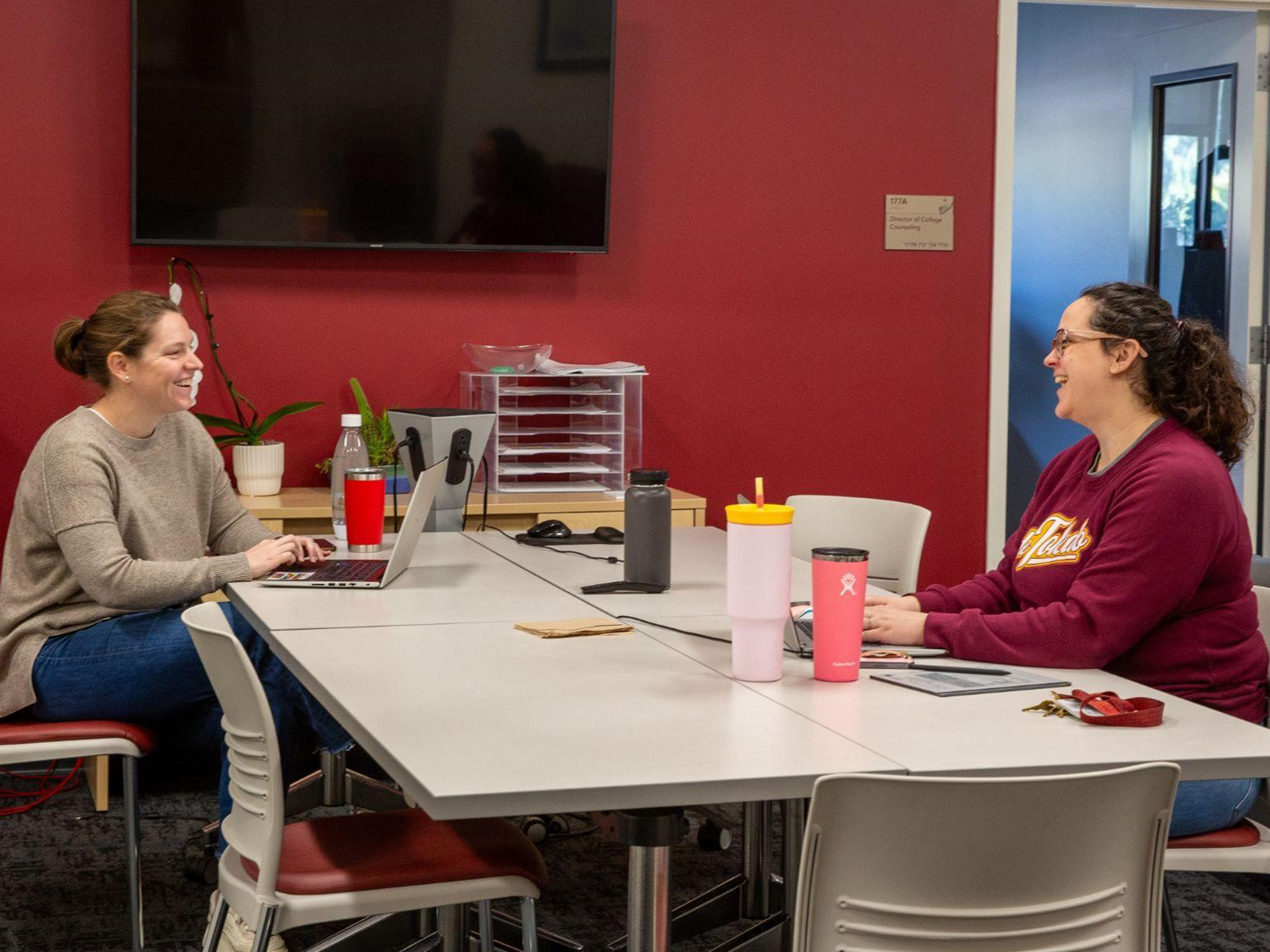
To start, new teaching faculty are assigned a mentor from outside their department (as this is not a supervisory program) to help guide them through their new de Toledo journey. As part of this program, we also have created a New Teaching Faculty Handbook available to our teachers online, early in the summer, long before their first day of school. This provides substantial support in helping faculty “settle in” before actually beginning work. The handbook features general information, including our school calendar, our org chart, a campus map, a faculty room layout, driving rules, academic and athletics information, as well as non-teaching responsibilities like lunch/meeting and trip supervision, technology links, how to use our learning management system, our kashrut policy, an “issues flow chart,” and a glossary of frequently used Hebrew terms.
As we continuously refine our onboarding program, we have also created and updated a mentoring calendar to ensure each new hire enjoys the most fruitful possible relationship with their assigned mentors. This calendar and the mentoring process itself begin before the school year to help new teachers set up their virtual classroom on our LMS, understand what the first few days of the school year will look and feel like, and make sure they are comfortable on campus, in their classrooms, as well as within the faculty office (everyone wants to know where the coffee machine, dry erase markers and lunch room are located).
The school year officially begins with a new teacher orientation day scheduled even prior to our faculty orientation week. The focus of this day is to teach the essentials needed to begin teaching on the first day of school. While the day certainly does bring a flurry of information in a short amount of time, the new teachers will already have had ample time to review their New Teaching Faculty Handbook and get acquainted with their mentors for at least a few months beforehand.
Mentorship
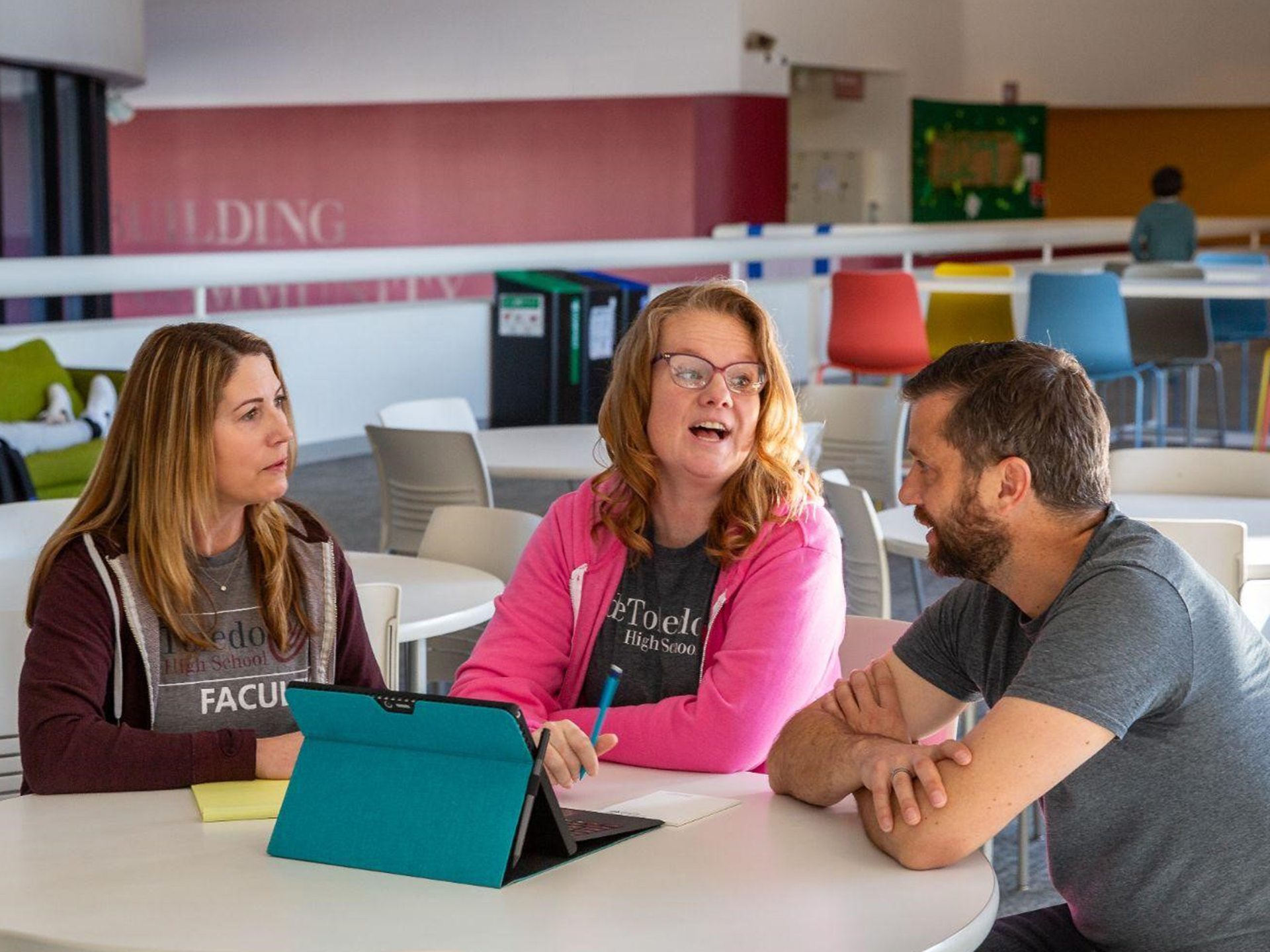
After the start of school, we have weekly meetings with the mentees. Broadly, the two major foci of those meetings are exposing new faculty members to our “cultural data” as well as discussing personal concerns. At the beginning of the year, the weekly meetings are 90% data dumps (where are the bathrooms, how to use the printer, where is your mailbox) and 10% fielding questions from the teachers themselves (how do I handle tardiness, extended absences). As the year progresses, the percentages shift; new teachers begin to acclimate to the campus, and we tend to see deeper cultural conversations occurring. Each meeting lasts approximately 30–45 minutes, beginning with a check-in and continuing with a discussion of the regularly scheduled topics we have created to review or delve into the new teacher’s questions or concerns.
In addition to weekly meetings, new teachers have a monthly lunch meeting with the principal and their mentors. Lunch is provided so they can come straight from their classes, and we can take advantage of the full lunch period. During these lunch sessions, we do a check-in as a group and discuss major activities happening at school such as back-to-school night, open house, enrollment updates, prospective student shadow days, parent tours, school trips and the all-school Shabbaton retreat. We also invite the relevant program leaders in charge of these major school initiatives to come to our lunch meetings to share information. Moreover, these meetings serve to facilitate new faculty members’ peer connections or just help give them a somewhat rare opportunity to eat lunch with colleagues away from their desks.
The weekly onboarding meetings continue throughout the school year, creating a close connection between new teachers and mentors. In order to continue supporting our new teachers, the mentoring program extends through the next school year as well. During the program’s second year, mentors continue to check in with their mentees monthly or on an as-needed basis. After the first year of mentorship, the new teachers are no longer “new” and are ready to take on anything given to them. This is the year when we encourage our new teachers to begin branching out and experiencing parts of our community beyond their comfort zone: becoming a club mentor, organizing a field trip, trying interdisciplinary teaching or taking on administrative roles.
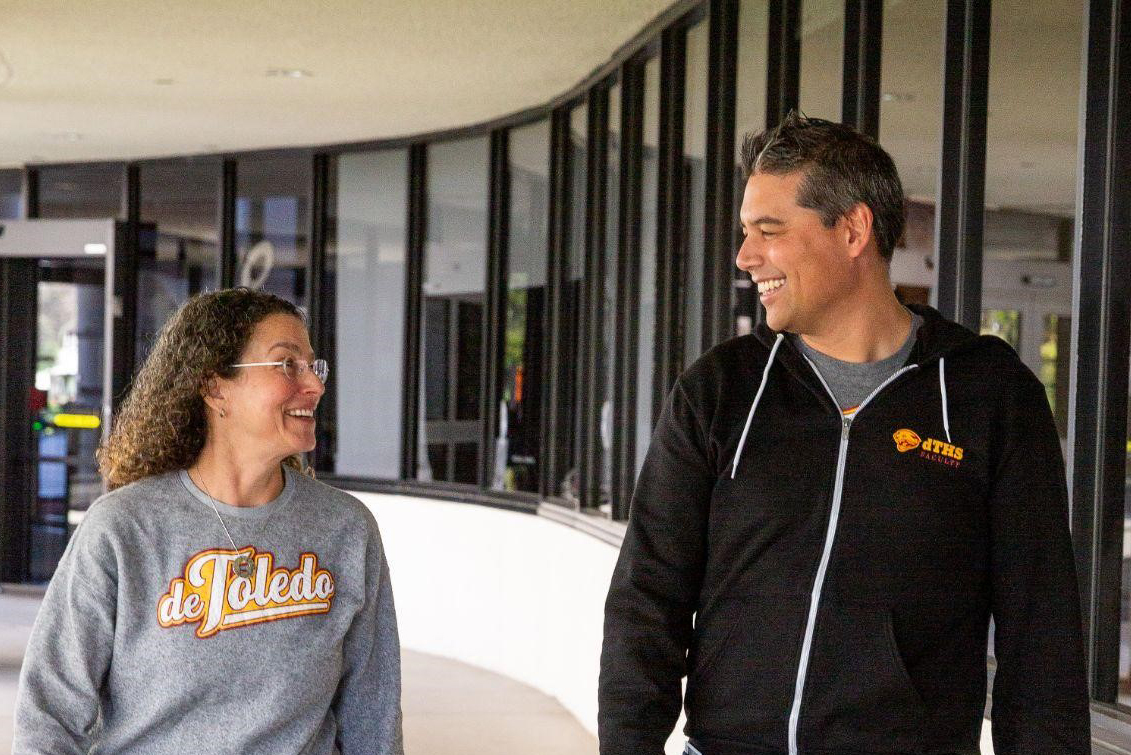
Through the six years of the program, we have learned that creating a safe space for our new faculty members to learn about dTHS is vitally important as we guide them through any difficult or awkward growth moments. To that end, we are vigilant about:
- Maintaining attendance at the regular weekly meetings (even with the hectic pace of the school day).
- Ensuring mentors and other faculty members observe new teachers in their classrooms and provide substantive (but not supervisory) feedback.
- Encouraging new teachers to also spend time observing their colleagues teaching.
We have also rigorously tracked our data since the program’s inception, demonstrating that:
- From August 2015 to June 2018 (prior to the inception of the program), only 45% of new teachers remained at dTHS after two years.
- From August 2018, when we began our program, 91% (32 of 35) of new full-time teachers have remained after two years at our school. In that same time period, 74% (26 of 35) of those full-time teachers still remain at dTHS today.
In other words, our retention rates for new teachers has more than doubled under this onboarding program.
All the research shows that teachers want to be valued, they want to be trusted, they want to be seen and they want to feel a sense of belongingness. We have attempted to tackle these real challenges through our approach to the total compensation package and our two-year onboarding program. Thankfully, the data in the first six years have been overwhelmingly positive. With the regular debriefs with our new faculty members and the resulting improvements to the program, we look forward to even more positive outcomes.






